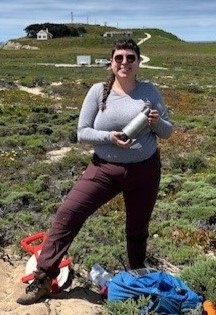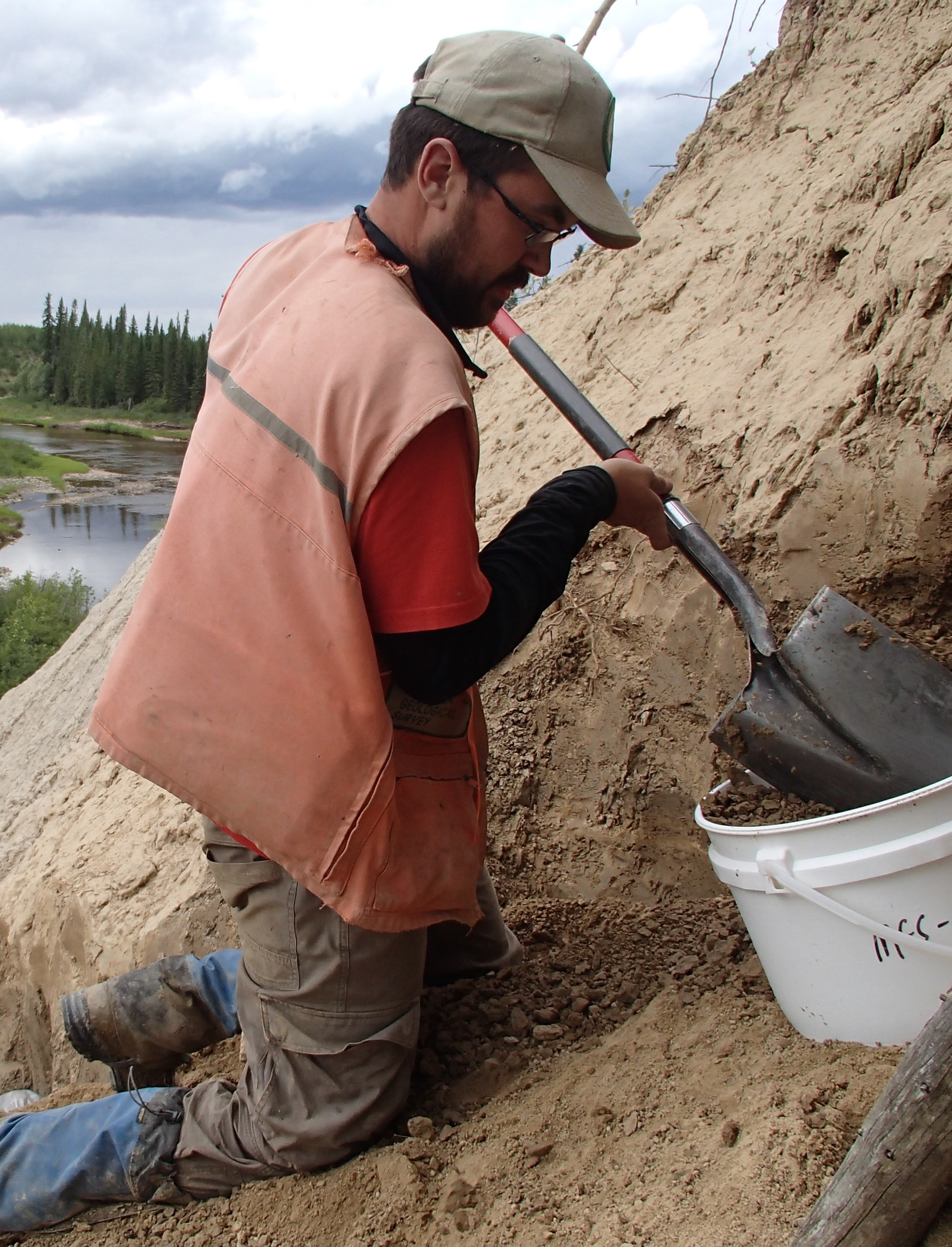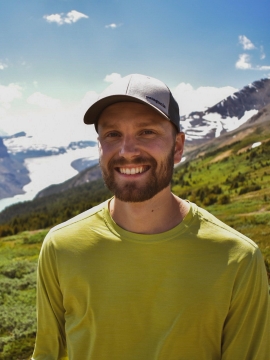Meet our current researchers
UFV's Luminescence Dating Lab offers research opportunities for students, post-doctoral fellows from undergraduate to PhD. Undergrad research assistants will receive hands-on experience and mentorship with positions hired via CareerLink.
Go to CareerLink »
Student research assistants

Nicola Ferguson

Vanessa Brewer, MSc (Earth Sciences)
Vanessa worked for several years as a research assistant in the LDL, via three NSERC URSA (undergraduate research student) awards, while completing a BSc (Hons) at UFV in physical geography. Her Honours research was on applying optical dating to an important MIS 3 lithostratigraphic sequence in Roseau River valley, Manitoba. Vanessa has now started her MSc in Geological Sciences at University of British Columbia, supervised by Olav Lian and Mitch D’Arcy, where she is studying the evolution of a headland bypass dune system at Point Conception, coastal California. Her lab work for this project will be conducted in the LDL at UFV.

Tyler Hodder, PhD (Earth Sciences)
Tyler obtained his B.Sc. (Honours, Cooperative) in 2012 and M.Sc. in 2014 from the University of Waterloo. He joined the Manitoba Geological Survey in January of 2015 as a Quaternary Geologist. Tyler is currently a PhD candidate at the University of Waterloo and is co-supervised by Martin Ross and Olav Lian. His PhD research involves applying a multi-proxy approach to understanding the complex Quaternary stratigraphy exposed in the Hudson Bay Lowland of northeast Manitoba.

Mike Turley, PhD (Physical Geography)
Mike completed his BSc in Geosciences at Utah State University in 2018 and his MSc in Physical Geography in 2020 at University of British Columbia (UBC). Mike is currently completing his PhD in Physical Geography at UBC where he is supervised by Marwan Hassan and Olav Lian. His research involves looking at how mountain landscapes (the Lillooet Watershed, in this case) have responded to glacier retreat throughout the Holocene in terms of sediment movement and connectivity. Mike hopes that his research leads to a better understanding of how modern glacier retreat and inform land management decisions, thus helping mountain communities plan for a safer and more sustainable future.




